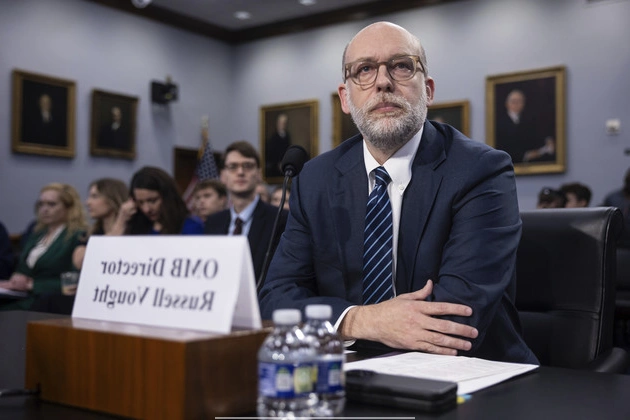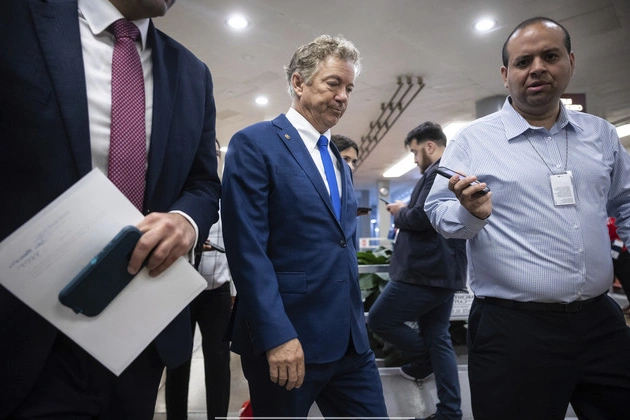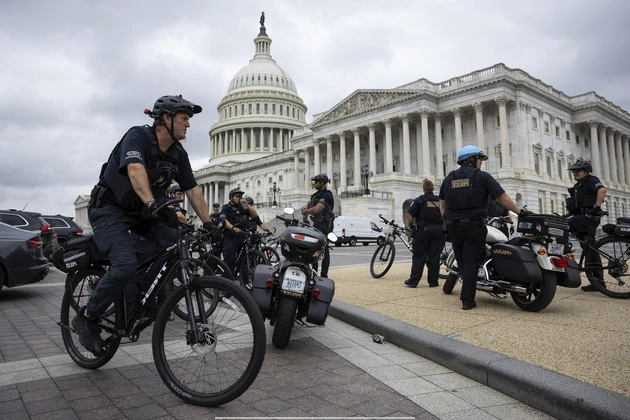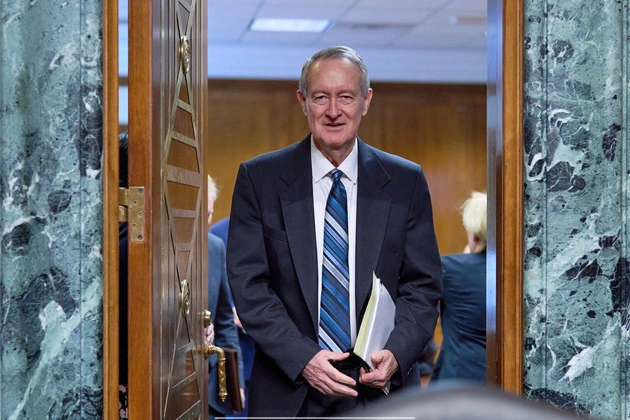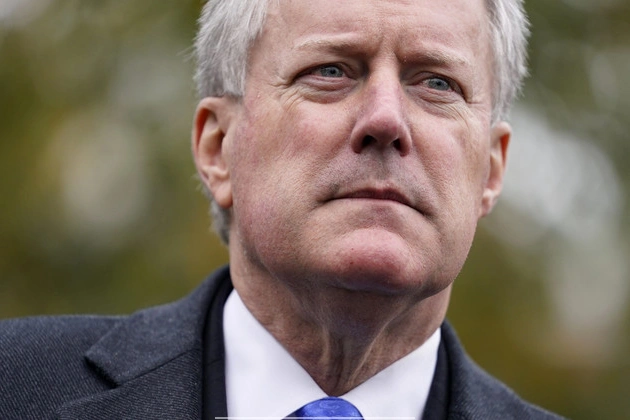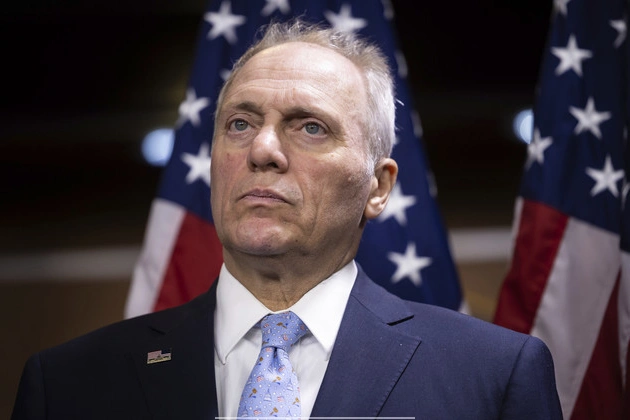
Swaths of Republicans on Capitol Hill are working fervently to shield their states from the looming threat of Donald Trump’s next wave of tariffs, highlighting the growing concern within the president’s own party regarding the potential repercussions of his trade policies.
Trump’s planned global tariffs set for April 2 are being touted as a game-changer for the American economy. However, a significant number of GOP members are privately expressing fears that these tariffs could lead to increased consumer prices, harm American farmers, and destabilize the stock market.
Coordinated Efforts and Exemptions
Anticipating the adverse effects, Republicans are collaborating with various industry associations to advocate for exemptions that would safeguard vital local sectors from the fallout. They are also exploring avenues to mitigate the impact of tariffs on essential products by seeking exclusions once the tariffs come into force.
This coordinated approach underscores the escalating apprehension among Republicans about the forthcoming phase of trade tensions and the potential political risks for both the president and his party. Sources reveal that key GOP members are actively involved in strategic planning behind closed doors.
Uncertainty Looms
The lack of clarity surrounding Trump’s ‘reciprocal tariffs’ and other impending duties has further fueled anxiety among GOP lawmakers. The absence of detailed tariff rates for different trading partners and the ambiguity regarding the targeted countries have left many in the dark, including several White House officials.
In a bid to preempt the initial repercussions of reciprocal tariffs, some congressional Republicans are enlisting the support of influential private sector entities and agriculture lobbyists aligned with conservative interests. Their objective is to pressure the administration into limiting the scope of tariffs and incorporating essential exemptions proactively.
During a recent meeting with members of the House Ways and Means Committee, U.S. Trade Representative Jamieson Greer outlined the administration’s trade objectives. Greer assured Republican senators of greater predictability in trade policy moving forward, aiming to address concerns within the agricultural sector.
State-Specific Concerns
Sen. Jerry Moran of Kansas emphasized the adverse impact of tariffs on local agricultural producers and vowed to pursue exclusions to mitigate the economic strain on the state’s farming community. Moran’s proactive stance reflects the pressing need to safeguard Kansas farmers from the fallout of trade disputes.
While some MAGA-aligned Republicans view tariffs as strategic tools to negotiate favorable trade terms, others, including Trump administration officials, are wary of the repercussions on critical industries, particularly agriculture. The Agriculture Department’s efforts to secure exemptions for essential agricultural inputs highlight the administration’s recognition of the potential risks.
Implications and Challenges
As the administration gears up for the rollout of tariffs on foreign agricultural products, concerns persist among Hill Republicans about the retaliatory actions that could disrupt the U.S. farm sector and limit access to crucial export markets. Rep. Don Bacon of Nebraska has already witnessed market disruptions affecting meat processors and popcorn producers in his state, signaling the immediate impact of trade uncertainties.
Despite the strategic intent behind reciprocal tariffs, the short-term consequences include increased costs for consumers and market volatility. While some view these tariffs as negotiation tactics, the broader implications on various industries and the economy at large remain a point of contention.
In conclusion, the ongoing debate surrounding Trump’s trade policies underscores the intricate balance between strategic objectives and economic realities. As Republicans navigate the complexities of trade negotiations, the need for proactive measures to shield local industries and mitigate adverse effects remains paramount.






